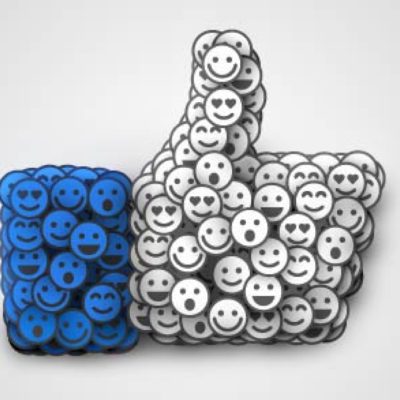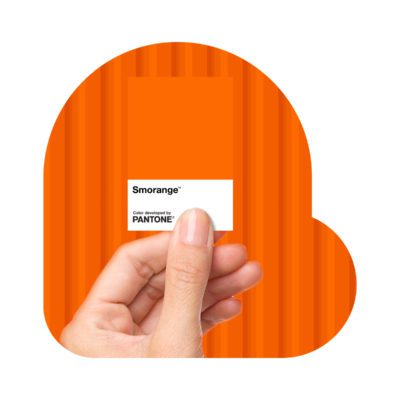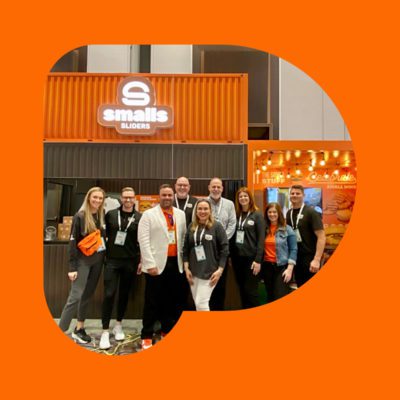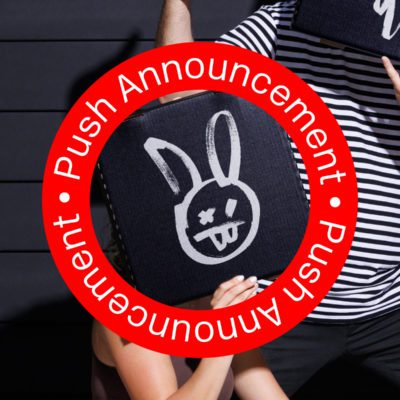Like nearly every other aspect of our lives, our preferences towards social media have changed many times throughout the last several months. At the beginning of the global pandemic, social media engagement surged 61% over normal usage rates. In fact, 74% of users said social media was an important way to stay connected while in isolation. In addition to finding connection on social media, users looked for ways to find food, as mentions of food delivery services rose more than 1,700%.
Last month, social media was leveraged to support and raise awareness for the Black Lives Matter movement. And on June 2, 28 million people posted plain black squares to Instagram as part of #BlackoutTuesday.

As of July, more than 750 advertisers temporarily paused their advertising on Facebook and its subsidiary Instagram resulting in millions of unspent advertising dollars in an effort to get both platforms to better police hateful content. Many brands like Coca-Cola, Ben & Jerry’s and Chobani as well as restaurants like Denny’s and Dunkin have taken part in pausing campaigns.
The question many restaurant marketers have now is whether or not to continue promoting their restaurants on these channels. With a pandemic keeping margins thin, the pros and cons should be carefully considered. However, our answer is always the same: This is not a marketing decision, but a corporate responsibility decision that should be made between leadership, public relations and the marketing team. So here are questions you should answer as a team before making the decision:

- Is your restaurant joining the boycott for the right reasons? Make sure the reasons for participating in the boycott go beyond the positive brand recognition that can come with taking a stand against hate vs. the need to find cost-saving measures due to budget cuts.
- How reliant is your restaurant on Facebook advertising? For many restaurants, especially smaller, locally-owned restaurants, Facebook is a very efficient channel for driving diner confidence with dining rooms reopening and communicating delivery and take out services. Suspending advertising efforts, even if only temporarily, could result in other unintended negative consequences.
- Who is calling for the Facebook boycott? Are your restaurant’s customers asking you to boycott Facebook?
- Should your restaurant decide to suspend advertising dollars, what other efforts can help drive less hate on social media? Now is a good time to develop or re-evaluate your social media listening and community management efforts to ensure your restaurant does not unintentionally further hate speech through user mentions and comments.
- What other measures is your restaurant taking to create a more positive in-restaurant and online experience? Fighting hate speech on social media is just one step you can take, but find other actions your restaurant can take to highlight your brand values and initiatives to create a more positive, less hateful world.
While the decision to join the Facebook boycott may not have a clear answer, we can all agree on the need to leverage our brand’s voice to create a more positive environment. What your restaurant does to stop hateful speech can take many different forms. But whatever careful steps you take, ensure it’s true to your brand and makes an impact.




